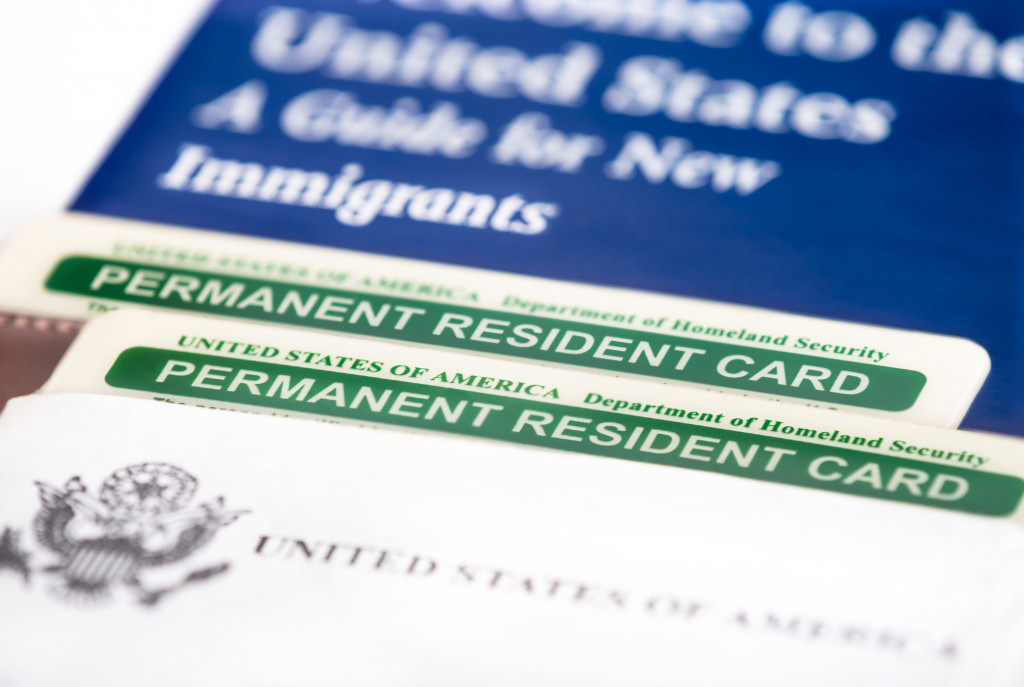The U.S. has always been a welcoming nation, and the economy has benefited from the skills foreign talents bring. However, social construct and discrimination can make it challenging for immigrants to find stable employment. Today, more than ever, businesses have an opportunity to create a more inclusive environment by proactively hiring immigrants.
There are many reasons to hire immigrants. They bring fresh perspectives and can help businesses tap into new markets. Immigrants are also often highly-educated and skilled workers who can contribute to a company’s bottom line.
But despite the many benefits, businesses may hesitate to hire immigrants because of the perceived risks. Nonetheless, companies can avoid potential pitfalls with enough knowledge about the ins and outs of the hiring process. Here are a few tips to get started:
Understanding the law
When hiring immigrants, the first step is to ensure that you follow all relevant laws and regulations. The process can be complex, but resources are available to help businesses comply with the law.
The Immigration Reform and Control Act (IRCA) of 1986 is the primary law that governs hiring practices in the U.S. This act prohibits employers from knowingly hiring or recruiting undocumented workers. It also requires employers to verify all new hires’ identities and work authorization. Without proper documentation, an immigrant worker cannot legally work in the U.S.
You can protect your business by verifying an employee’s identity and work authorization with the federal government’s E-Verify program. E-Verify is a free, online system that compares an employee’s I-9 form against government records to confirm their eligibility to work in the U.S. This way, you can ensure that you are only hiring legally authorized employees to work in the country.
Sponsoring a foreign worker
Sometimes, the best candidate for a job may be an immigrant who is not yet authorized to work in the U.S. In this case, businesses can sponsor foreign workers through many visa programs available.
The most common visas to sponsor employees are the H-1B visa for skilled workers and the L-1 visa for executives, managers, or workers with specialized knowledge. Both of these visas require the employer to petition on behalf of the employee and prove that no qualified U.S. workers are available for the position.
When petitioning for a visa, you must consult an immigration attorney to ensure that you follow all the correct steps and meet all the requirements. In doing so, you can avoid delays or denials in the visa process.
Making your workplace inclusive
Once you have successfully hired immigrant workers, creating an inclusive workplace for everyone is essential. Employees should feel comfortable and respected in their work environment.
There are many ways to make your workplace more inclusive, but a few key things to keep in mind are:
- Providing adequate language support, such as bilingual resources or translation services;
- Offering flexible work arrangements to accommodate different needs;
- Respecting cultural differences and promoting diversity in the workplace.
By taking these steps, you can create a workplace that is supportive of all employees, no matter their background.

Having a support plan for emergency
The Immigration and Customs Enforcement (ICE) takes a strict stance on foreign workers in the country. So businesses must have a plan in place if one of their employees gets detained by ICE.
First, you should create an emergency contact list of key people to call in case of wrongful detention. This list should include attorneys, family members, and your company’s HR representative.
You should also plan what to do if an employee gets detained by ICE. That means knowing the process of getting an immigration bail bond and having the money available to post it. By being prepared for this possibility, you can minimize the impact on your business and your employees.
Cooperating with the authorities
Miscommunications with the authorities can lead to problems for businesses and their employees. So it’s crucial to establish a good working relationship with the relevant government agencies.
You should know which agencies are responsible for enforcing immigration laws in your area. The most common are ICE, Customs and Border Protection (CBP), and the U.S. Citizenship and Immigration Services (USCIS).
It’s also helpful to have a point of contact at each agency that you can reach out to with questions or concerns. Building these relationships can create a better environment for your business and employees.
Hiring immigrants can be a great way to support the local economy and add diversity to your workplace. However, knowing the laws and regulations surrounding hiring immigrants is essential. Additionally, you must take steps to create an inclusive workplace for all your employees. Doing so can create a supportive and productive environment for everyone.




